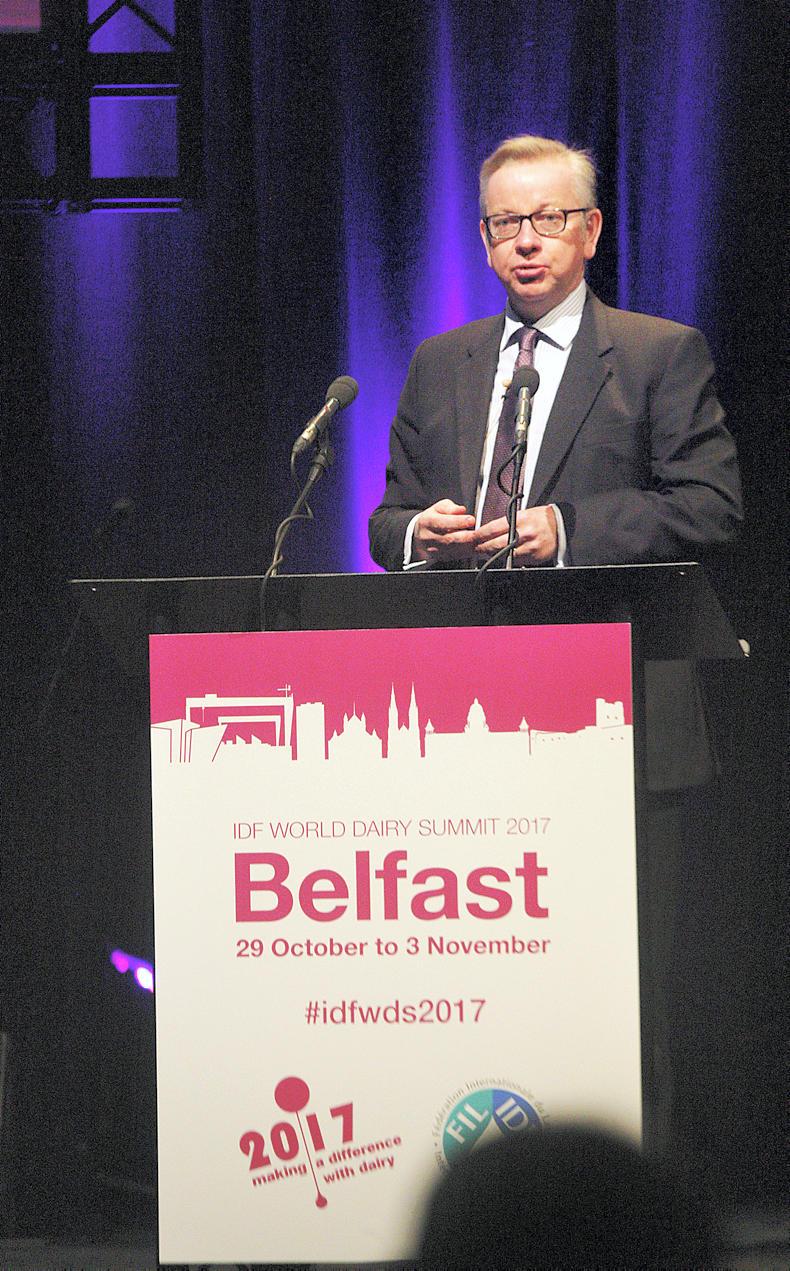One of the great attractions that persuaded many farmers to vote leave in the Brexit referendum was the prospect of getting rid of Brussels regulations that frustrated their farming. However, Michael Gove – the DEFRA minister ultimately in charge of non-devolved matters in UK farming – is going to replace Brussels legislation on the issue with a made-in-Britain version.
This, according to the minister, will be “a new, world-leading body to give the environment a voice and hold the powerful to account, independent of government and able to speak its mind freely.
It is somewhat ironic that it was the influence of unelected bureaucrats in Brussels that persuaded many farmers it was better to get out of the EU. Now the DEFRA Minister is proposing a powerful environment body that will be independent of Government.
Of course farmers in Scotland are very conscious of their responsibilities to the environment, and NFUS are on record as calling for environmental payments to be part of a future UK agriculture policy.
With the CAP communication due to be published in Brussels on 30 November, early drafts there have also indicated that protection of the environment will be front and centre of EU 27 policy as well after 2020.
Protection of the environment is nonnegotiable. Equally, political leadership after Brexit must be responsible for ensuring that anything we import is produced under the same demanding environmental and animal welfare standards as is required by home production.
Otherwise is to achieve the worst of both worlds: making Scottish farmers uncompetitive and ultimately going out of business, while supplies are sourced from regions of the world with less focus on the environment or welfare so that objective is not achieved either. Responsibility is merely transferred to a different part of the world.
Brexit and future trade deals
Meanwhile, with stalemate in the Brexit talks in Brussels after round six, it is clear negotiations for one of the expected UK trade deals soon after we leave the EU, with the USA, won’t be straightforward either.
Michael Gove made it clear that even though the UK wants a trade deal with the USA post-Brexit, “we will not lower environment or animal welfare standards”.
This puts him at total variance with USA commerce secretary Wilbur Ross, who said when speaking at the Confederation of British Industry (CBI) conference last Monday that the UK needed to “reduce unnecessary divergence in regulation and standards”. Put bluntly, this means the UK needs to move away from the EU precautionary-based principle to do business with the USA.
There is actually quite a division in the UK government on this matter, with some members taking the position adopted by the trade Minister Liam Fox, who would be quite comfortable accepting USA chlorine-washed chickens.






 This is a subscriber-only article
This is a subscriber-only article





SHARING OPTIONS: